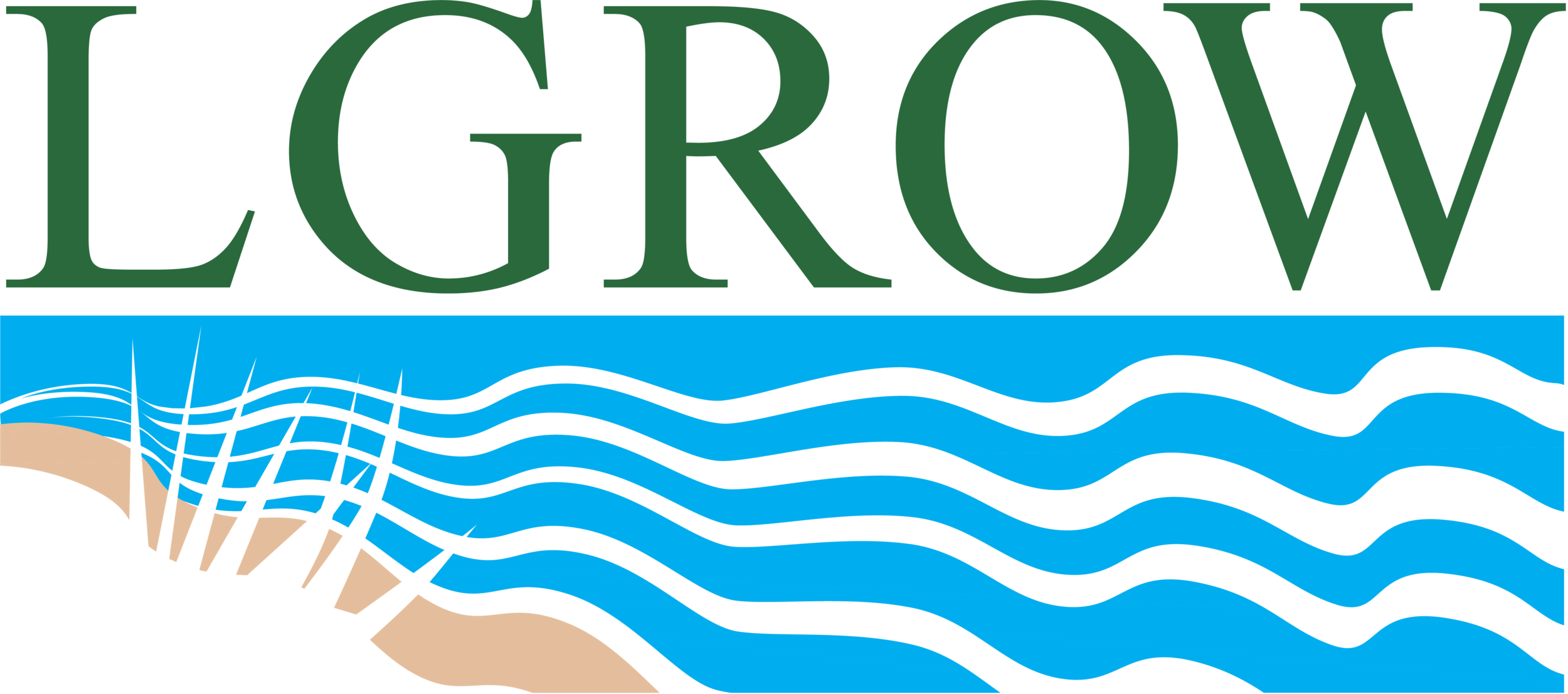Municipal Separate Storm Sewer System (MS4)
National Pollutant Discharge Elimination System (NPDES) Stormwater Discharges from Municipal Sources
Quick links to relevant information on stormwater discharges from municipal sources:
Community Solutions for Stormwater Management: A Guide for Voluntary Long-Term Planning
Proposed National Rulemaking to Strengthen the Stormwater Program
National Menu of Best Management Practices (BMPs) for Stormwater
In West Michigan, polluted stormwater runoff is commonly transported through municipal separate storm sewer systems (MS4s), and then discharged, untreated, into local water bodies.
An MS4 is a conveyance or system of conveyances that is:
owned by a state, city, town, village, or other public entity that discharges to waters of the U.S.,
designed or used to collect or convey stormwater (e.g., storm drains, pipes, ditches),
not a combined sewer, and
not part of a sewage treatment plant, or publicly owned treatment works (POTW).
To prevent harmful pollutants from being washed or dumped into MS4s, certain municipalities are required to obtain NPDES permits and develop stormwater management plans (SWMPs). The SWMP describes the stormwater control practices that will be implemented consistent with permit requirements to minimize the discharge of pollutants from the sewer system.
(Source: EPA)
MS4s in the watershed are maintaining a collaborative approach to permit compliance. By working together, all residents of the watershed are receiving the same messaging, and communities are working together to improve water quality. Read more about our collaboration in this report:

